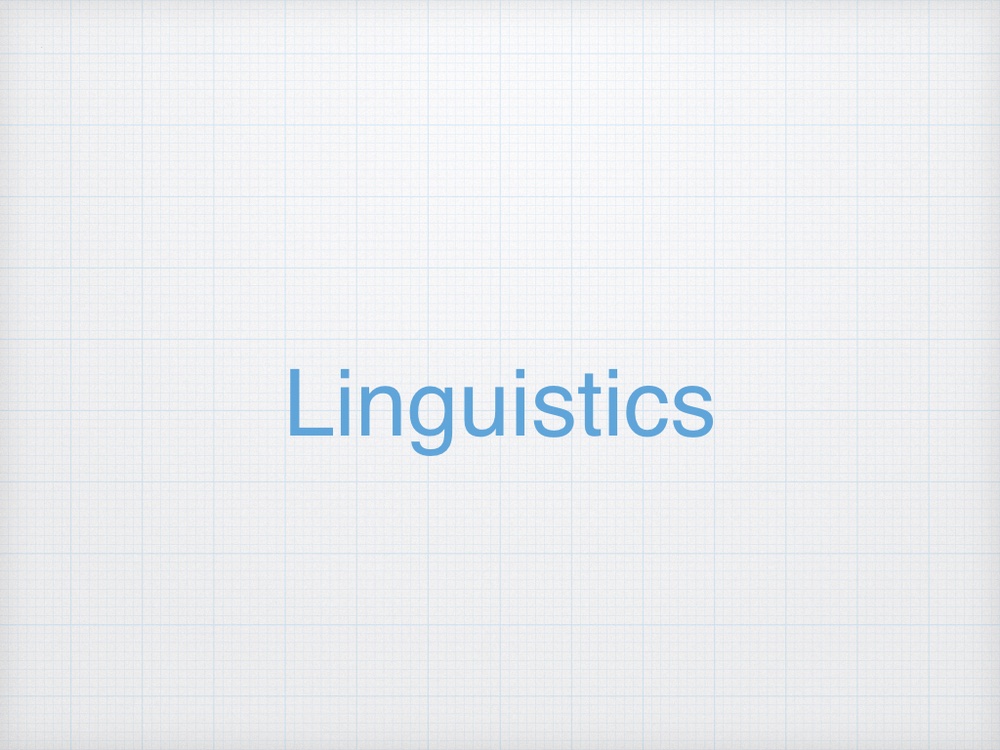Zero Derivationをいかに定式化するか
以前の投稿でゼロ派性(zero derivation)を見た.
ゼロ派生は簡単に言えば,語彙素にゼロ(ヌル)の派生接辞を付加して、新たな語彙素を形成するプロセスである.また,これはconversion(品詞転換)ともいう
このプロセスをLyons (1977)がまとめており,この説明を見てみたい.
For example, the nouns ‘release’ and ‘attempt’ might be said to be derived from the verbs ‘release’ and ‘attempt’ in accordance with the formula
(where 0 stands for the identity-element). The reason why these nouns are said to be derived from the corresponding verbs, and by means of suffixation, is that they belong to the same subclass of nouns as ‘extension’, ‘justification’, ‘arrangement’, etc., which are clearly deverbal and derived by suffixation: deverbal nominalization is characteristically a matter of suffixation in English.
(Lyons 1977,pp.522-523)
たとえば, release および attempt という名詞は, それぞれ動詞 release, attempt から次の公式に従って派生したものと見なすことができる.
(ここで Ø は同一要素=identity-element を表す). これらの名詞が対応する動詞から接尾辞によって派生したものとされる理由は, それらが extension, justification, arrangement などの名詞と同じ下位範疇に属しており, それらの語が明らかに接尾辞によって動詞から派生した語であるからである. 英語においては, 動詞からの名詞化(deverbal nominalization)は本質的に接尾辞によるものであるという特徴を持つ.
ChatGPT 訳
ここで言えば,releaseは下記のようにゼロ(同一要素)を付加されて名詞化されたと言えるだろう.
こういった定式化は言語研究において客観性を高めるという観点で非常に重要なものである.
参考文献
- Lyons, J. (1977). Semantics (Vol. 2). Cambridge university press.
- Vaneva, M., & Bojadjiev, M. (2020). English zero derivation revisited: Nouning and verbing in online business articles. International Journal of English Linguistics, 10(6), 307-321.

